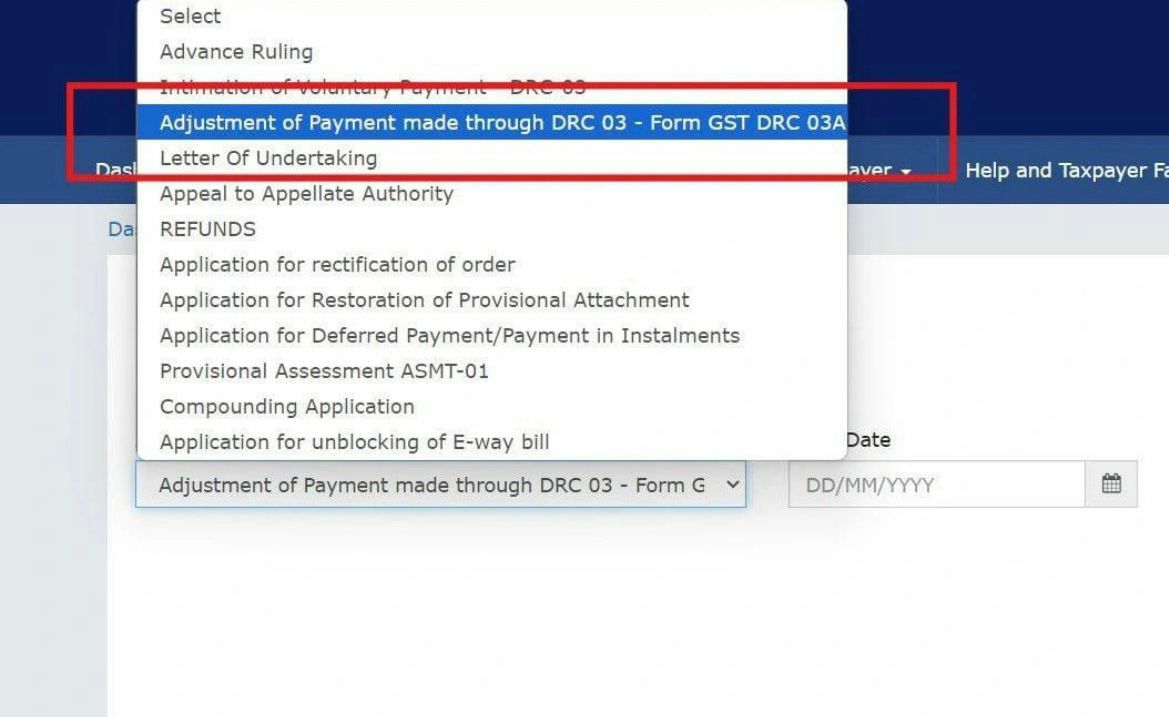As the Income Tax Return (ITR) filing season approaches its peak, there has been a growing demand for extending the ITR filing deadline for the Assessment Year (AY) 2024-25 from July 31, 2024, to August 31, 2024 due to Technical glitches on Income tax Portal.
Some Taxpayers suggest to government to change the due date permanently form 31st July to 31st August as form 26AS and AIS updated in the mid of June and only one and half months time period left with professionals and taxpayers to file ITRs.
Right now below are ITR Due Dates for FY 2023-24 (AY 2024-25)
| Category | IT Returns Filing Last Date |
|---|---|
| Non Audit Cases | 31st July 2024 |
| Audit Cases | 31st October 2024 |
| Businesses (that require requiring transfer pricing reports) | 30th November 2024 |
| Revised Return | 31 December 2024 |
| Belated/Late Return | 31 December 2024 (only New Regime available) |
| Updated return | 31 March 2027 (2 years from the end of the relevant Assessment Year) |
Also ITR utility is updated on 5 July 2024 and there is major change made in the utility without any clarification to taxpayers which leads to difficulty in understanding the law and ITR filing, explained in below video
ICAI’s Plea to CBDT: Addressing the Hardship from Section 87A Rebate Changes in ITR utility
Various professional bodies, including The All Gujarat Federation of Tax Consultants, Income Tax Bar Association, Karnataka State Chartered Accountants Association (KSCAA), and The Institute of Chartered Accountants of India (ICAI), have requested this extension. Here’s a comprehensive look at the potential benefits and drawbacks of extending the ITR filing deadline.
In between on 23rd July 2024 Budget 2024 is scheduled and many persons are thinking of date extension through Budget speech, though if you see past scenarios of date extensions in year 2023 no date extension was given (As Government said date extensions hamper the work time line of Department too) , in 2022 only 5-6 days extension was given and in 2021 due to covid date extension was given.
Benefits of Extending the ITR Deadline
Relief from Technical Glitches
- Smooth Functioning of the Portal: The Income Tax Portal has been facing several technical issues, including slow speed, upload errors, non-responsive pages, and Aadhaar OTP verification failures. Extending the deadline provides more time to resolve these glitches, ensuring a smoother filing process.
- Increased Accuracy: With additional time, taxpayers and professionals can carefully verify and correct data in Annual Information Statement (AIS) and Tax Information Summary (TIS), reducing errors and discrepancies.
Enhanced Compliance
- Increased Filing Rates: A deadline extension could potentially lead to a higher compliance rate as taxpayers, especially those facing internet accessibility issues or residing in remote areas, get more time to file their returns.
- Avoiding Penalties: Extending the deadline can help many taxpayers avoid late filing penalties, thereby reducing financial stress.
Reduction in Last-Minute Rush
Loss of Extending the ITR Deadline:
Additional Interest Charges
- Interest Under Sections 234A, 234B, and 234C: If the deadline is extended, taxpayers with tax payable will have to bear extra interest charges under Sections 234A, 234B, and 234C for an additional month. Therefore, it is important that taxpayers with outstanding tax liabilities file their ITRs by July 31 to avoid these extra interest costs.
- For example, if a taxpayer owes ₹10,000 in taxes and the interest rate is 1% per month, they would incur an additional ₹100 in interest charges for each month of delay beyond July 31.
- So Tax Professional and taxpayers are advised in these type of cases to file ITR till 31st July only
Procrastination
- Extended Procrastination: An extension might encourage procrastination among taxpayers who may wait until the last minute to file their returns, leading to a similar rush and pressure as the new deadline approaches.
- Dependency on Extensions: Frequent extensions can create a mindset where taxpayers and professionals come to rely on them, expecting similar leniency in future years.
Administrative Burden
- Increased Workload for Tax Authorities: Processing a large volume of ITRs close to the deadline can strain the resources of the Income Tax Department. An extension may spread this workload but does not eliminate it, potentially leading to a backlog.
- Coordination Challenges: Extensions necessitate coordination between various stakeholders, including banks, financial institutions, and the Income Tax Department, to ensure smooth functioning during the extended period.
ICAI Representation for ITR issues and concerns


In case date will not extend then late fee will be charged as below:
Under Section 234F, if the taxpayer fails to file their ITR within the due date, a late fee of Rs 5,000 will be applicable. However, if their annual income is less than Rs 5 lakh, the late fees would be limited to Rs 1,000. If their gross income is less than the basic exemption limit, no penalty is chargeable.
You can contact team of Tax Experts to file Your ITR at 9150010300 or visit www.legalsahayak.com
Visit www.cagurujiclasses.com for practical courses












I wanted to give 5 star rating but in the procesd after I pressed the first star, the other stars vanished, which resulted in 1 star rating. Hell with online criminals.